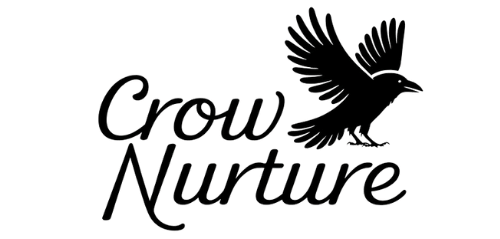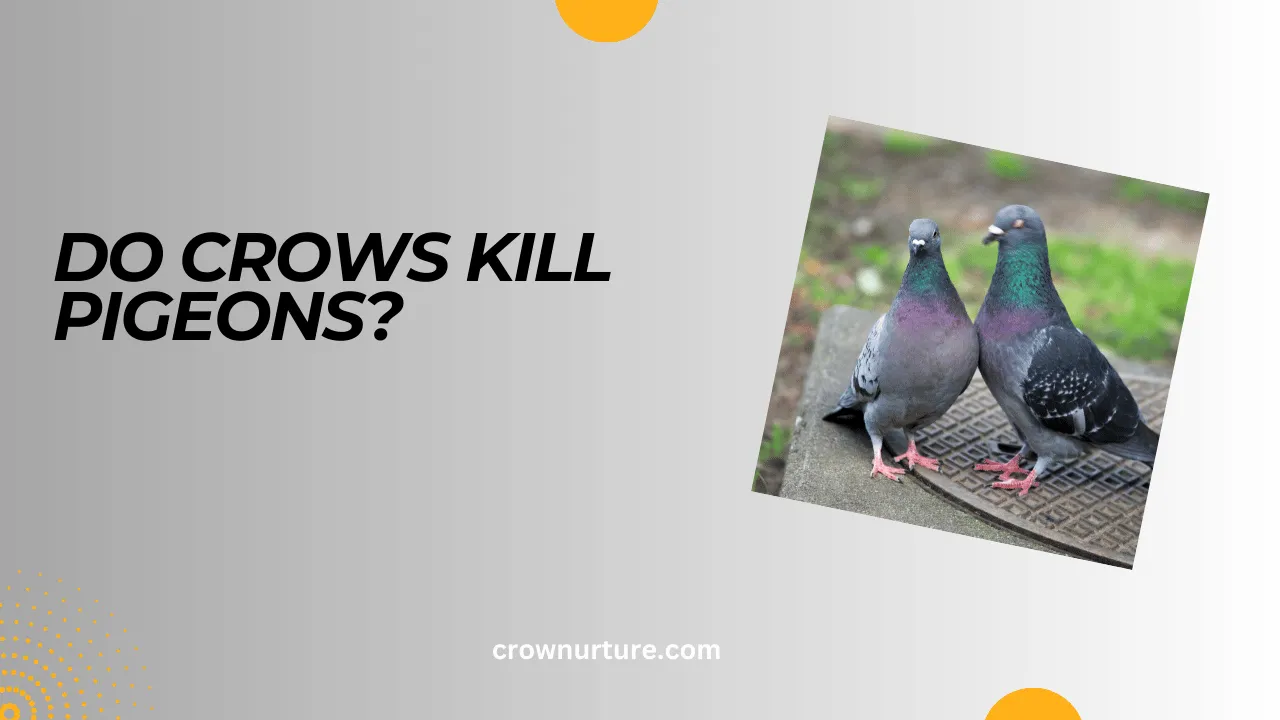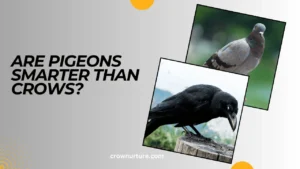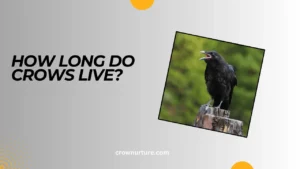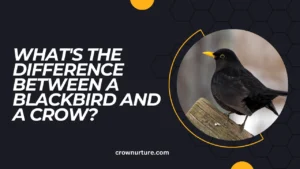Crows and pigeons—two birds commonly seen in urban and rural landscapes—may seem worlds apart in behavior and lifestyle. While pigeons are often associated with peaceful flocking and scavenging, crows carry a reputation for intelligence and aggression.
But what happens when these two species cross paths? Can crows, with their predatory instincts, actually kill pigeons? This question goes beyond mere curiosity.
The relationship between these two birds reflects broader dynamics of urban ecosystems, where competition for resources and survival can lead to unexpected behaviors.
Understanding these interactions can reveal insights into the adaptability of wildlife in human-dominated environments. In this article, we’ll unravel the complex interactions between crows and pigeons.
From the predatory habits of crows to the defense mechanisms pigeons employ, and the role human activity plays in shaping their behavior, we’ll explore whether crows pose a significant threat to pigeons and what it means for these birds’ coexistence.
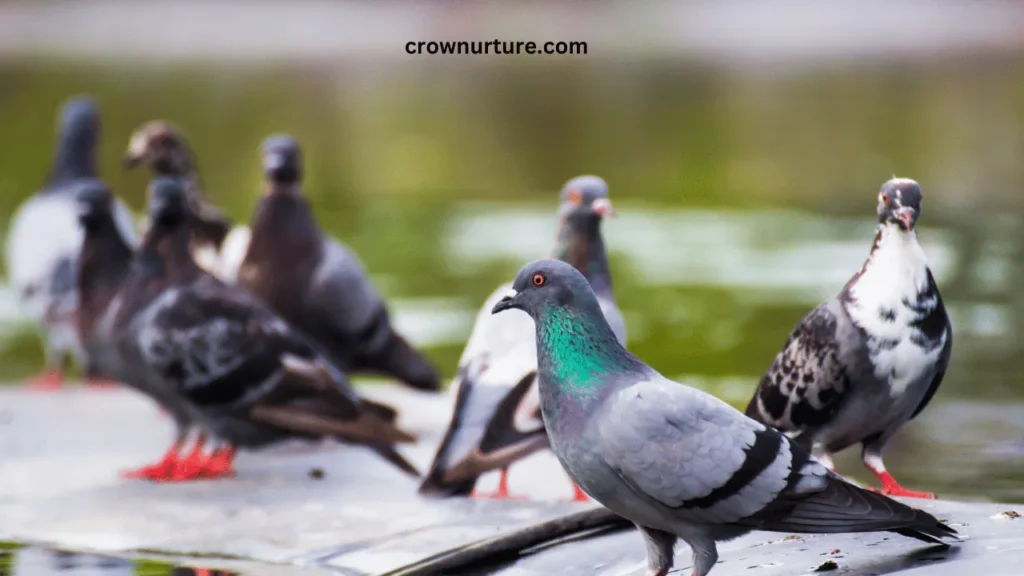
Contents
1. The Predatory Nature of Crows
Crows are omnivorous birds with a highly adaptable diet. While they primarily consume insects, grains, and carrion, they are also known to hunt small animals, including birds. This predatory side of crows is particularly evident during nesting seasons when they seek out eggs or nestlings.
Their hunting techniques are varied and intelligent. Crows use strategies like ambushing smaller prey, working in groups to distract and capture, or targeting weakened animals. This versatility gives them an edge in diverse environments.
However, the decision to prey on pigeons depends on factors like availability of easier food sources, habitat suitability, and the crow’s individual experience or aggression level. Typically, crows prefer prey that is weak or defenseless, such as young pigeons or injured adults.
2. The Defense Mechanisms of Pigeons
Pigeons rely on flocking behavior as their primary defense. By staying in groups, they reduce the risk of being singled out by predators, including crows. The sheer number of birds in a flock can also deter predators from attacking.
Another key defense is their alert calls, which are used to warn fellow pigeons of approaching threats. These calls can mobilize the flock to take evasive action, making it difficult for predators to succeed.
When faced with immediate danger, pigeons employ evasive maneuvers, such as rapid flight and unpredictable movements, to escape predators. This agility often enables them to outmaneuver crows in open spaces.
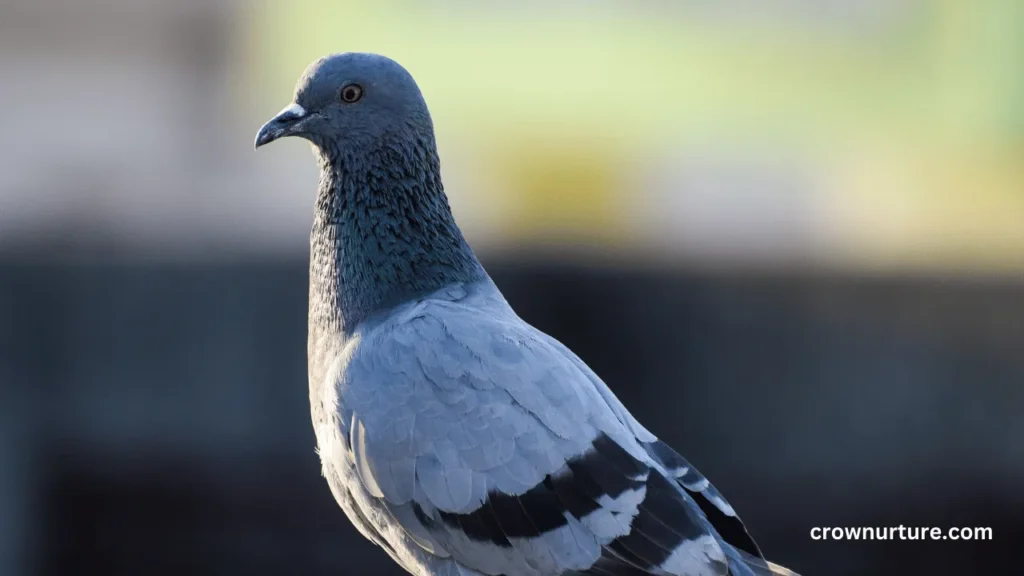
3. Crow-Pigeon Interactions: A Complex Relationship
The relationship between crows and pigeons is not limited to predation. Competition for resources like food, nesting sites, and water can create indirect conflicts between the two species. In urban areas, both birds often compete for scraps left by humans.
Direct confrontations are less frequent but can occur during territorial disputes. Crows are more likely to act aggressively if they feel their nest or territory is threatened by pigeons.
However, indirect interactions, such as scavenging in the same area, are far more common. In many cases, crows and pigeons coexist relatively peacefully, particularly when resources are abundant.
4. Human Impact on Crow-Pigeon Dynamics
Urban environments heavily influence the behavior of crows and pigeons. Feeding practices, like leaving out food for pigeons, can inadvertently attract crows, increasing the chances of conflict between the two species.
Habitat modifications, such as the construction of buildings and reduction of natural spaces, force these birds to share limited resources, potentially intensifying competition.
At the same time, conservation efforts aimed at maintaining bird populations often benefit both species. By ensuring adequate food sources and nesting areas, humans can help mitigate conflicts between crows and pigeons.
5. Do Crows Actively Hunt Pigeons?
While crows are capable of killing pigeons, this behavior is relatively rare and situational. Young or injured pigeons are the most likely targets, as they are easier to catch. Healthy adult pigeons, with their speed and agility, are not typical prey for crows.
Observations suggest that crows are more likely to scavenge on dead pigeons than actively hunt live ones. This behavior aligns with their role as opportunistic feeders who prioritize energy-efficient food sources.
Instances of crows attacking pigeons are usually driven by territorial disputes or limited resources, rather than a consistent predatory relationship.
Conclusion
The dynamics between crows and pigeons highlight the complexity of urban wildlife interactions. While crows have the capacity to prey on pigeons, such behavior is infrequent and influenced by factors like food availability, habitat conditions, and individual aggression levels.
Pigeons, for their part, have developed effective defenses, from flocking to evasive maneuvers, which often allow them to coexist with their avian neighbors. However, human activity continues to shape the behavior of both species, emphasizing the need for mindful coexistence.
By understanding these interactions, we can better appreciate the delicate balance of urban ecosystems and the roles both crows and pigeons play in maintaining this balance.
FAQs
1. Do crows actively kill pigeons?
Yes, but it is uncommon. Crows typically target young, sick, or injured pigeons rather than healthy adults.
2. Why would a crow attack a pigeon?
Crows may attack pigeons due to territorial disputes, limited food availability, or opportunistic hunting behavior.
3. Are crows a significant threat to pigeons?
No, crows are not a major threat to pigeon populations. Other factors, like habitat loss and disease, have a greater impact.
4. Do pigeons defend themselves against crows?
Yes, pigeons rely on flocking behavior, alert calls, and evasive flight maneuvers to escape predators like crows.
5. Can crows and pigeons coexist peacefully?
In most cases, yes. They often share the same habitats without significant conflict, especially when resources are abundant.
6. What do crows eat besides pigeons?
Crows eat a wide variety of food, including insects, grains, fruits, carrion, eggs, and small animals.
